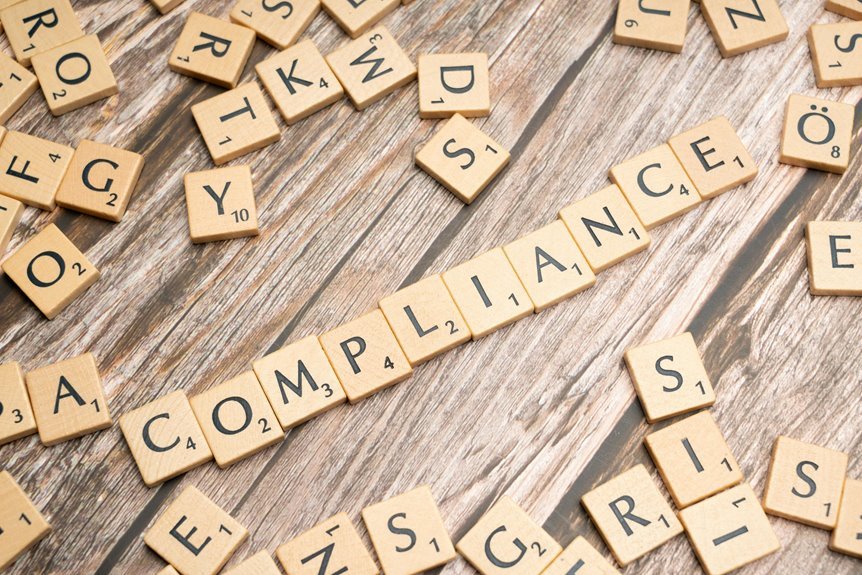Communication Integrity and Compliance Board 3307757328 7348224798 8042142128 5715064406 4806185344 4196885142

In the landscape of corporate communication, the Communication Integrity and Compliance Board serves as a lighthouse, guiding organizations through the murky waters of compliance and ethical standards. Its role is critical—not just for legal protection, but for fostering a culture of transparency and accountability. As you explore the board’s key mandates and functions, consider how its influence shapes business ethics and impacts your organization’s reputation. What are the implications for your practice?
Overview of the Communication Integrity and Compliance Board
The Communication Integrity and Compliance Board plays a crucial role in ensuring that all communication practices align with established standards and regulations.
You’ll find that the board evaluates adherence to communication standards and compliance frameworks, fostering transparency and accountability.
Key Mandates and Functions
While ensuring compliance with communication standards, the Communication Integrity and Compliance Board carries out several key mandates that enhance its effectiveness.
These include defining mandate responsibilities, monitoring adherence to compliance standards, and providing guidance to stakeholders.
Importance of Compliance in Organizations
Compliance in organizations is crucial, as it not only safeguards against legal repercussions but also enhances reputation and trust.
By adhering to regulatory frameworks and ethical standards, you create a culture of accountability. This commitment fosters transparency and encourages employees to act responsibly.
Ultimately, prioritizing compliance empowers you to navigate challenges effectively while maintaining the integrity and sustainability of your organization.
Impact on Business Ethics and Transparency
When organizations prioritize adherence to ethical standards, they significantly enhance business ethics and transparency.
By implementing robust transparency measures, you address ethical dilemmas effectively, ensuring stakeholders trust your operations.
This commitment fosters a culture where ethical considerations guide decision-making, ultimately leading to better reputations and long-term success.
Embracing transparency not only mitigates risks but also empowers you to navigate complex ethical landscapes confidently.
Conclusion
In closing, while the Communication Integrity and Compliance Board champions ethical practices, it simultaneously navigates the complexities of organizational dynamics. By ensuring compliance, it not only protects against legal risks but also fosters a culture of transparency and trust. The juxtaposition of strict adherence to regulations and the promotion of open communication highlights the board’s critical role in shaping a responsible organizational environment. Ultimately, a commitment to integrity strengthens both reputation and accountability, essential for long-term success.




